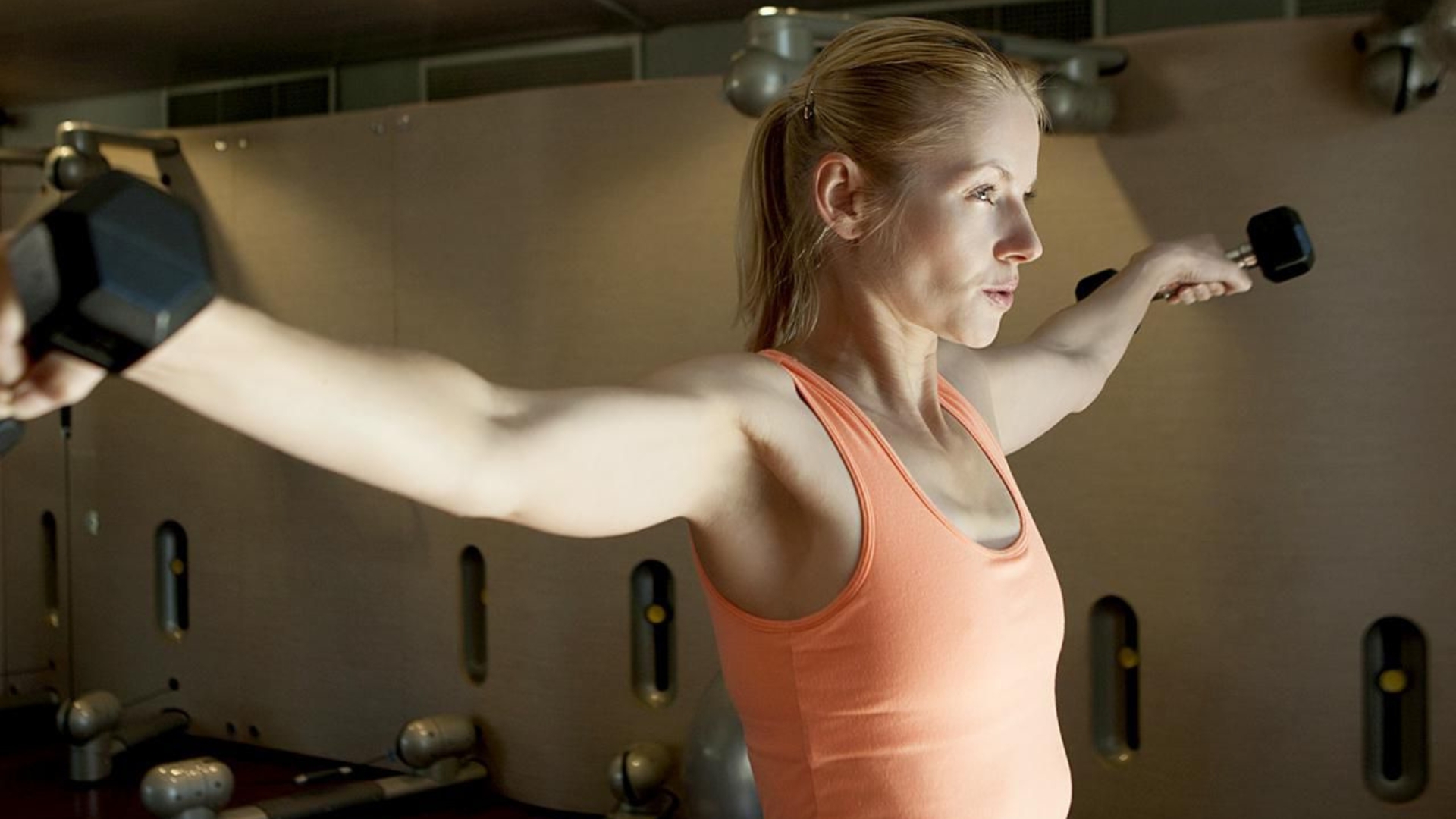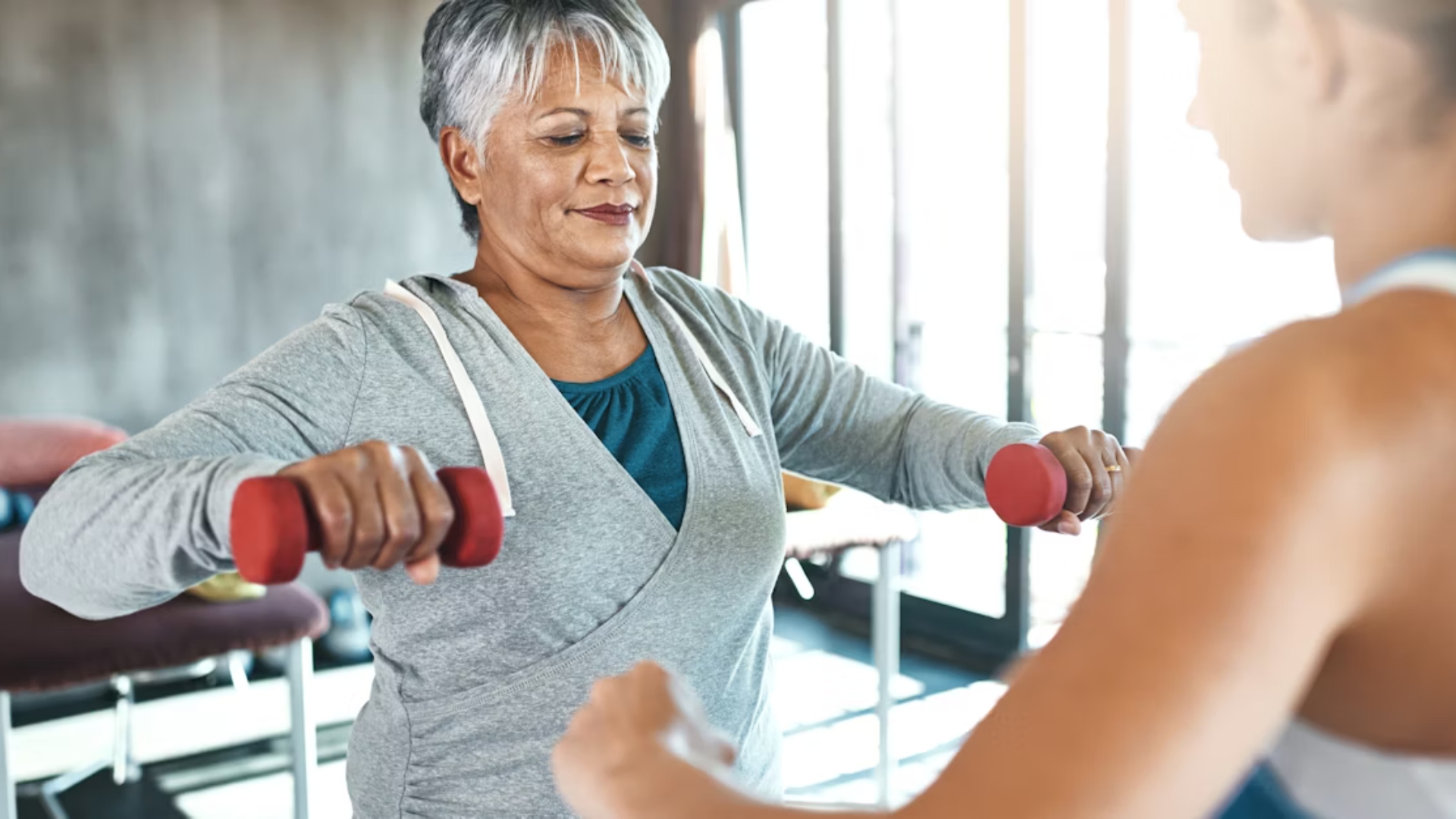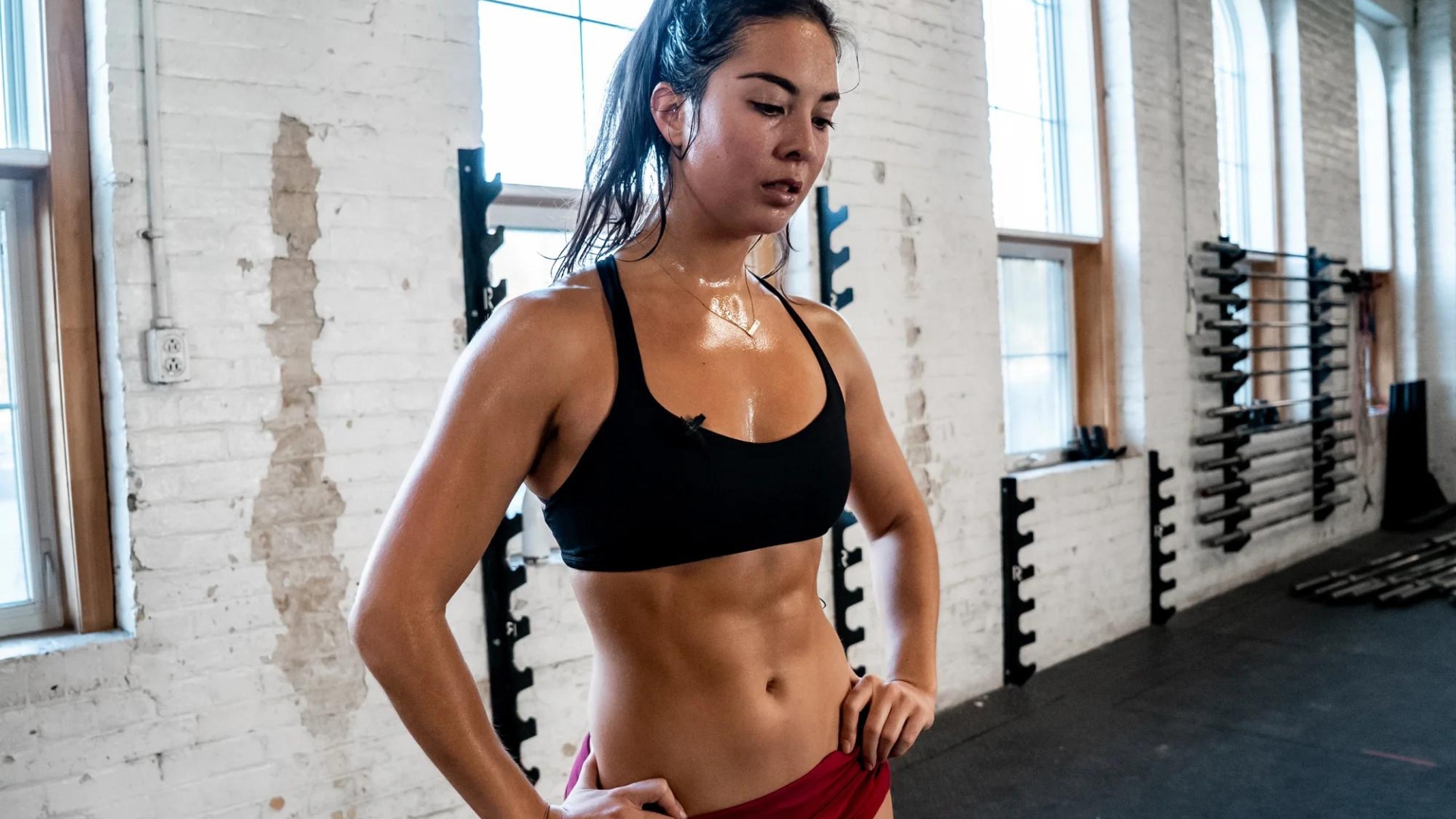Seven Advantages of Building Muscle for Your Health. When a new muscle grows in your body, your reaction could vary from person to person. People who enjoy it say things like, “I’m getting jacked!” Some people feel disheartened because they are becoming overweight. Regardless of how it makes you look, gaining muscle offers several advantages everyone should know. Your newly acquired muscle has seven significant benefits regarding your health and fitness objectives.
Strength and Muscle Size go Together
Those that appear weaker than they are ubiquitous, and vice versa. This has contributed to the misconception that strength and muscle may be classified into distinct “kinds,” as if the muscles of bodybuilders were composed entirely of water and fat rather than contractile tissue. This urban legend has no basis in reality, and I can’t tell you where it originated. All muscles are the same.
One way to look at it is that larger muscles are capable of more forceful contractions. However, your level of skill determines how you use that muscle. Not everyone with much strength can perform a backflip like a gymnast. While boxers tend to be physically powerful, not everyone with that kind of strength can land a knockout blow.
Gaining strength is a byproduct of training to increase muscle mass. And you’ll likely wind up with bigger muscles if you work out to gain strength. That being said, being large isn’t necessary if that’s not what you desire. Your food defines whether you appear “bulky” or not. However, as you push your body to get stronger and fitter, you should anticipate a small amount of muscle gain.
Muscle Burns More Calories
The impact on our metabolism is a commonly mentioned advantage of increasing our muscle mass, but honestly, I believe it to be one of the least significant. I can tell you’re curious, so let’s jump right in.
Yes, even at rest, your calorie expenditure is directly proportional to your muscle mass. You can increase your nutritional intake—including vitamins, protein, fibre, and more—by increasing your muscle mass, a metabolically “expensive” tissue that uses much food as fuel. If you want to eat better, burn more calories.
Over a few years of strength training, you may expect to burn an additional 100 calories each day, or around ten calories per pound of muscle gained. Even if this won’t add a tonne of calories to your daily burn, it’s still something. Muscles make you more likely to work out harder, which means you burn more calories, but this fact doesn’t get nearly as much attention as it deserves.
Even though I haven’t put on 50 pounds of muscle, my daily calorie expenditure is 500 higher than when I was inactive years ago. But your ability to work out increases exponentially as your muscle mass grows. The more activity you can manage, the better for your heart and metabolism you will be. Keep in mind that exercise is beneficial to your health.
Muscle Promotes Health Even if You Don’t Reduce Weight
A lot of individuals say that losing weight is good for our health, particularly those with diabetes, other health issues, and a high body mass index (BMI). Although losing weight isn’t always easy, building muscle improves health benefits regardless of whether you lose or gain weight.
According to this study, a lower risk of death, lower levels of body fat, and a decreased probability of diabetes were all linked to greater muscle mass. This study found that people with higher body mass indexes and more muscle mass were healthier than those with higher BMIs but less muscle mass.
Building muscle still has health benefits, regardless of whether or not a decrease in body fat accompanies them. Additionally, the researchers have hypothesized that low muscle mass might be more responsible for some health problems commonly linked to excess body fat.
Muscle Keeps us in Better Shape as we Age
Having a weak body is risky when you get older. Shallow muscle mass, or sarcopenia, is associated with many undesirable outcomes. You are more likely to experience poor health, falls, fractures, and an inability to live independently if your muscle mass is low. Conditions like kidney disease and heart failure are more deadly for older persons with less muscle, and treatments like chemotherapy may be more difficult for them to endure.
This isn’t a problem only for older people: Without resistance training, we lose 3-8% of our muscle mass per decade starting at 30. After age 60, the loss rate usually speeds up—but, to reiterate, strength trainers tend to retain more muscle. You could end up with more muscle mass than when you were younger.
Keep in mind that you are building muscle even if you are under the age of 30. This will serve you well in the future. When a person is vital when they’re 25 years old, they’re laying the groundwork for a powerful physique (and healthy behaviours!) when they’re 75.
Strength Training Improves Bone Density
Along with sarcopenia, osteoporosis (a decrease in bone mineral density) increases the likelihood of severe fractures and, particularly with age, the inability to care for oneself independently. Strength training can help slow or even reverse the effects of what is known as “musculoskeletal aging,” the gradual weakening of muscles and bones.
It is recommended that those at risk of osteoporosis engage in weight-bearing” activities, as bone strengthens when stressed. That is more generally applicable to exercises in which you must bear your weight and not only to weight training. Weight-bearing activities include walking, running, and jumping. Doing laps is not.
However, increasing one’s weight also increases bone density. Suppose you don’t have exceptional strength and muscular endurance to walk or even leap on your hands. In that case, resistance training is a terrific approach to put beneficial stress on your upper body bones. Barbells, dumbbells, resistance machines, and other tool training could fall under this category.
Strong Muscles may Prevent Injury
Providing concrete proof that strength training generally decreases injuries is difficult since injury prevention is a broad and vague topic. However, if you ask any competent physical therapist or coach, they will tell you that strength training is essential to injury prevention and recovery.
Muscles, bones, and connective tissues (such as tendons) all strengthen during strength training. It would appear that stronger athletes have a higher injury resistance rate when it comes to sports. Being quick on one’s feet and strong helps one avoid hazards in everyday life, for example, if one is prone to slipping and falling. You could also find it less challenging to stop yourself from falling. Research also shows that physical activity, particularly strength training, can help with various health issues, including arthritis and back discomfort.
Muscle Improves Jogging, Yoga, and Other Activities
Perhaps you have no problem exercising in general, but you are still doubtful about the advantages of strength training. The only things on your mind are trail runs, barre classes, and yoga. Sure, building muscle also aids in those areas.
Strength training can assist runners avoid injuries, such as shin splints and sore knees, which are typical “overuse” ailments. Building leg muscle also improves your agility, crucial for running uphill on those trails and avoiding obstacles like boulders and tree roots as you descend. Most runners benefit from having a solid core.
Consider the alternative: you’re more into yoga. When your strength and muscle mass increase, you’ll find that the more accessible postures become second nature, the medium-difficult ones become third, and the tough ones become first. Another way of putting it is that no one ever thinks, “I wish I had less core strength,” while doing yoga.
I think you understand. Gaining strength in the upper body makes rock climbing more enjoyable. Having solid legs makes cycling more enjoyable. Outside organized sports, muscle aids with everyday tasks such as moving a friend’s heavy furniture without resorting to Advil, carrying mulch in your garden, and loading your suitcase overhead without harming other flight passengers. Think of all the doors that will open for you, not just the ones that appear as you see a little muscle on your body.


